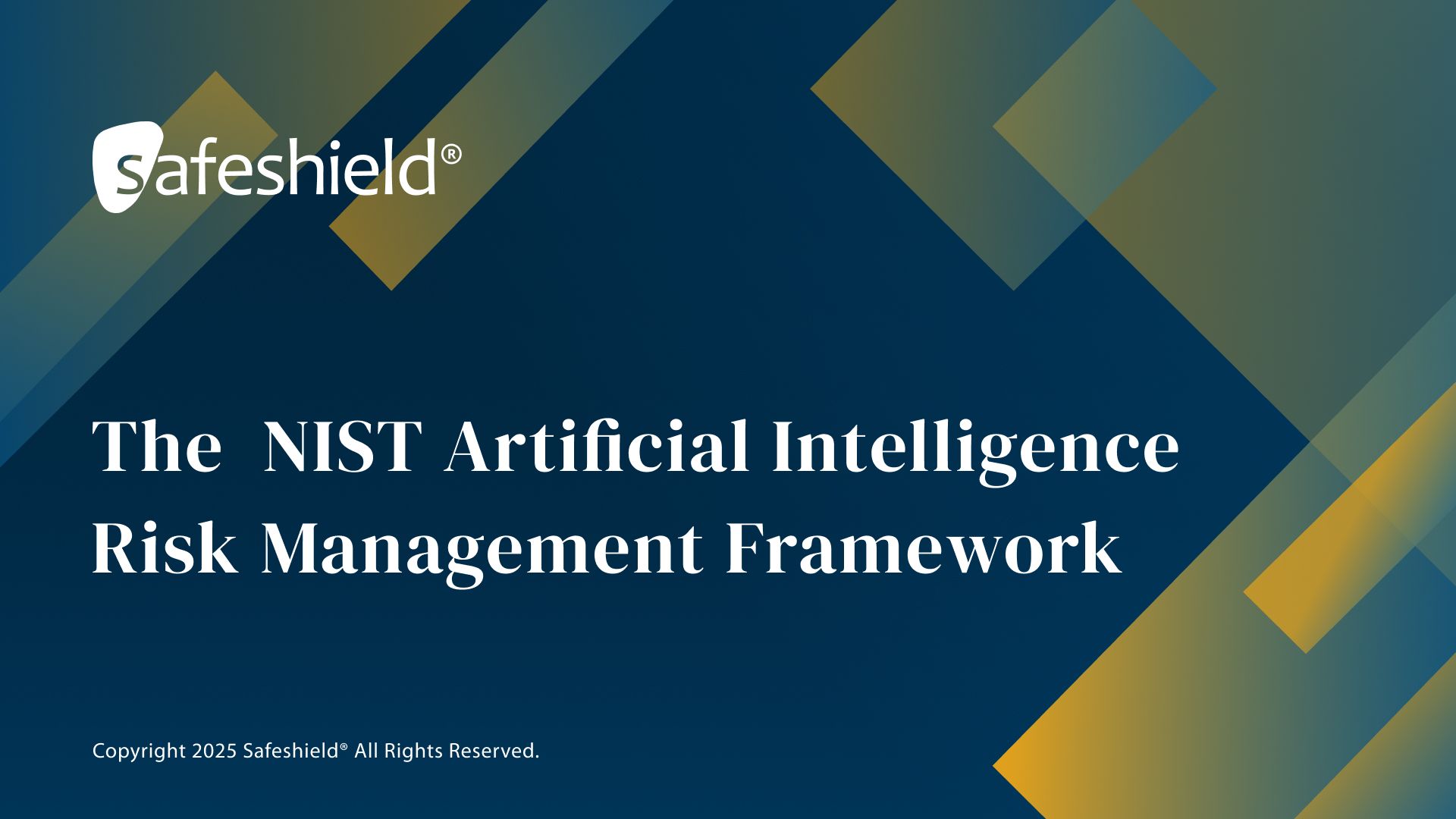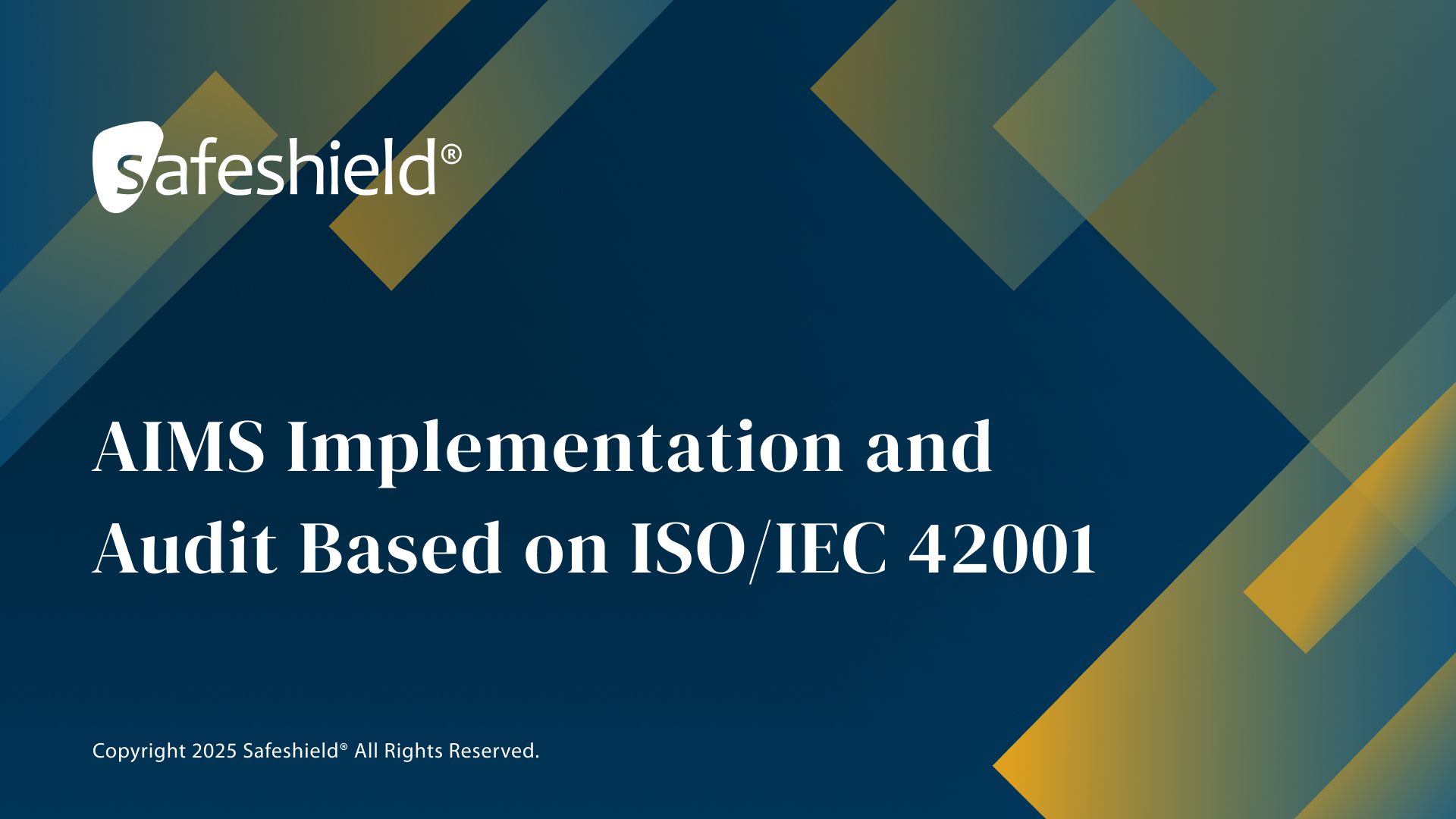ISO/IEC 42001 for SMEs: How Small and Mid-Sized Enterprises Can Achieve Certification Without Big-Enterprise Budgets
August 12, 2025
In an era where artificial intelligence is rapidly reshaping how businesses operate, trust and accountability in AI systems is essential. From startups to well-established mid-sized firms, companies of all sizes are beginning to recognize that responsible AI is a necessity in the modern world if you want to get a competitive edge.
Enter ISO/IEC 42001, the world’s first international standard for AI management systems. It provides a structured framework for governing the design, development, and deployment of AI across your organization. But for many small and mid-sized enterprises (SMEs), there’s a lingering concern:
Is certification realistic for small or medium enterprises who don't have deep pockets?
The answer is a resounding yes.
In this blog, we’ll explore how SMEs can approach ISO/IEC 42001 certification strategically, affordably, and efficiently, even without the resources of a Fortune 500 company. Whether you’re already familiar with Artificial Intelligence Management Systems (AIMS) or just beginning to explore responsible AI practices, this guide is for you.
The Perception Problem
“ISO certifications are too expensive”.
A completely understandable sentiment held by many SMEs that have written off standards like ISO/IEC 42001 as being too costly, too complex, or too resource heavy. After all, implementing a new management system requires time, training, documentation, and audits. Things that can seem out of reach for a 20-person company.
But here’s the reality: ISO/IEC 42001 is designed to be scalable. Just like ISO 27001 (Information Security) or ISO 9001 (Quality Management), this standard is proportionate to your organization’s size, structure, and risk profile. If you’re a lean tech startup using off-the-shelf AI APIs, your AIMS will look very different from a multinational AI lab—and that’s exactly the point.
What is ISO/IEC 42001? A Quick Overview
If you’re new to AIMS, or AI in general, ISO/IEC 42001 might not be a standard you’ve seen before. It’s the first internationally recognized management system standard that focuses specifically on artificial intelligence.
It helps businesses:
- Identify and assess AI-related risks.
- Implement governance structures for AI systems.
- Address ethical concerns such as bias, transparency, and explainability.
- Align with applicable regulations (like the EU AI Act or forthcoming global policies).
But ISO/IEC 42001 isn’t just about compliance. It’s a strategic framework to ensure your organization is using AI responsibly and sustainably.
Why SMEs Should Consider Certification Now
Whether you’re a fintech startup using predictive analytics or a healthcare provider piloting AI-powered diagnostics, responsible AI management is more important than ever.
Here’s why acting early makes sense for SMEs:
- Competitive Advantage: Certification shows partners, investors, and customers that you’re ahead of the curve in AI governance.
- Regulatory Readiness: Future AI laws are approaching fast. ISO/IEC 42001 helps you align early.
- Operational Clarity: An AIMS provides structure around your AI initiatives, improving internal collaboration, accountability, and documentation.
- Cost Efficiency: A well-implemented system helps avoid costly compliance errors and reputational risks.
4. Phase it In
The Lean Path to Certification: ISO/IEC 42001 for SMEs
You don’t need a six-figure consultancy engagement to start preparing for certification. With the right internal capabilities and a practical, phased approach, SMEs can build toward ISO/IEC 42001 certification affordably and sustainably.
Here’s how:
1. Lay the Groundwork
Before we dive too deep, evaluate where your organization currently stands. A gap analysis helps identify:
- What governance structures already exist (or could be adapted)?
- Which AI systems or use cases need oversight?
- What documentation is required?
Many certification bodies offer affordable readiness assessments or even self-service tools to help you benchmark quickly.
2. Reuse and Adapt
Already certified in ISO 27001, 27701, or 9001? Good news:
ISO/IEC 42001 is built on the same structure (Annex SL).
That means you can:
- Reuse policy frameworks.
- Align risk assessments.
- Extend your existing management system documentation, rather than starting from scratch.
3. Focus on What Matters
ISO/IEC 42001 does not expect SMEs to govern AI they don’t use.
Start by creating your AIMS around actual AI applications in your organization, such as:
- Third-party AI tools
- Machine learning features in your product
- Internal automation using generative AI or chatbots
Keep it simple. Keep it relevant.
4. Phase it In
You don’t need to do everything all at once. Many SMEs take a phased approach, starting with the most important areas:
- Governance roles and responsibilities
- AI risk assessment procedures
- Ethical and legal compliance checks
- Stakeholder communication
Then, over time, you can expand your AIMS’ reach as your use of AI evolves.
5. Train with the Right Partner
If your SME is serious about pursuing ISO/IEC 42001 certification in the future, one of the most cost-effective steps you can take right now is to build capability in-house.
Instead of relying heavily on external consultants, many small and mid-sized businesses are choosing to upskill their own staff through recognized training programs, especially in roles like:
- Lead Implementer – for managing the design and rollout of an AI Management System (AIMS)
- Lead Auditor – for conducting internal audits or preparing for external certification audits
We offer professional certification courses designed specifically to give your team the knowledge and tools needed to understand, implement, and maintain an ISO/IEC 42001 compliant AIMS without breaking your budget or relying entirely on external consultants.
For SMEs, this kind of internal expertise can significantly reduce long-term costs, improve self-sufficiency, and accelerate your readiness for certification.
Certification is Within Reach
The future of responsible AI isn’t being built by big enterprises alone. SMEs are pioneering some of the most innovative and impactful AI applications today.
And with ISO/IEC 42001, you can demonstrate that your business is building smart, safe, and sustainable, fast.
Don’t let budget myths hold you back. Becoming certification-ready is more achievable than you think. Especially with the right training and internal leadership.
Frequently Asked Questions
Is ISO/IEC 42001 mandatory?
No, ISO/IEC 42001 is a voluntary standard. However, it’s quickly becoming a recognized global benchmark for responsible AI governance.
How long does ISO/IEC 42001 certification take for SMEs?
The timeline varies based on your organization’s size, complexity, and existing management systems. Many SMEs can expect to achieve certification readiness within 3 to 6 months, especially if they invest in internal training and leverage existing ISO frameworks like 27001 or 9001.
Is ISO/IEC 42001 relevant if we only use third-party AI tools?
Yes. Even if you're not developing AI in-house, you’re still responsible for how AI is deployed and managed within your organization. ISO/IEC 42001 helps you establish governance and accountability for procured or embedded AI technologies, making it highly relevant for non-developers.
What does ISO/IEC 42001 certification typically cost for small businesses?
Costs vary depending on your starting point and whether you need external consulting support. However, SMEs can significantly reduce costs by training internal staff to manage the AIMS process and prepare for certification more independently.
What kind of training is available to help us prepare for ISO/IEC 42001?
We offer individual certification courses designed to help your internal team gain the knowledge and skills needed to guide your organization toward certification. These programs are internationally recognized and aligned with the latest best practices. Check them out here
Where can I learn more about AI governance and risk management?
Subscribe to our YouTube channel @SafeshieldTraining
to explore free courses on AI governance, risk management, and compliance. It is an excellent way to learn the foundations of responsible AI and understand key principles such as accountability, traceability, explainability, non-discrimination, privacy, and security. It is also a great opportunity to deepen your knowledge and stay informed about emerging frameworks and best practices shaping the future of trustworthy AI.
Share this article





